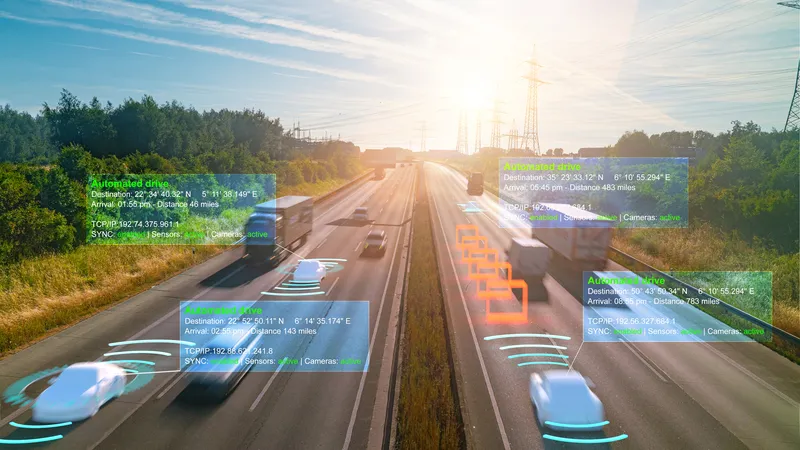The inquiry will be carried out by the Law Commission of England and Wales and the Scottish Law Commission. It is also part of the government’s Future of Mobility Grand Challenge.
The project will review who the driver or responsible person as well as how to allocate civil and criminal responsibility where there is some shared control in a human-machine interface. In addition, it will explore the role of automated vehicles within public transport networks and emerging platforms for on-demand passenger transport, car sharing and new business models providing mobility as a service. The scheme will also address whether there is a need for new criminal offences to deal with novel types of conduct and interference as well as the impact on other road users and how they can be protected from risk.
Norman said: "The UK is a world leader for self-driving vehicle research and development, and this work marks an important milestone in our continued commitment to the technology.
"With driving technology advancing at an unprecedented rate, it is important that our laws and regulations keep pace so that the UK can remain one of the world leaders in this field.
"The Law Commissions’ joint project will examine difficult areas of law in order to develop a regulatory framework that is ready for self-driving vehicles."
UK Government to review laws in preparation for self-driving vehicles
Jesse Norman, the UK government’s road minister, has announced a three-year regulatory review to examine any legal obstacles to the widespread introduction of self-driving vehicles and highlight the need for regulatory reforms. It aims to ensure that the country remains a primary location to develop, test and drive these vehicles.
The inquiry will be carried out by the Law Commission of England and Wales and the Scottish Law Commission. It is also part of the government’s Future of Mobility Grand Challe
March 12, 2018
Read time: 2 mins
Jesse Norman, the UK government’s road minister, has announced a three-year regulatory review to examine any legal obstacles to the widespread introduction of self-driving vehicles and highlight the need for regulatory reforms. It aims to ensure that the country remains a primary location to develop, test and drive these vehicles.








